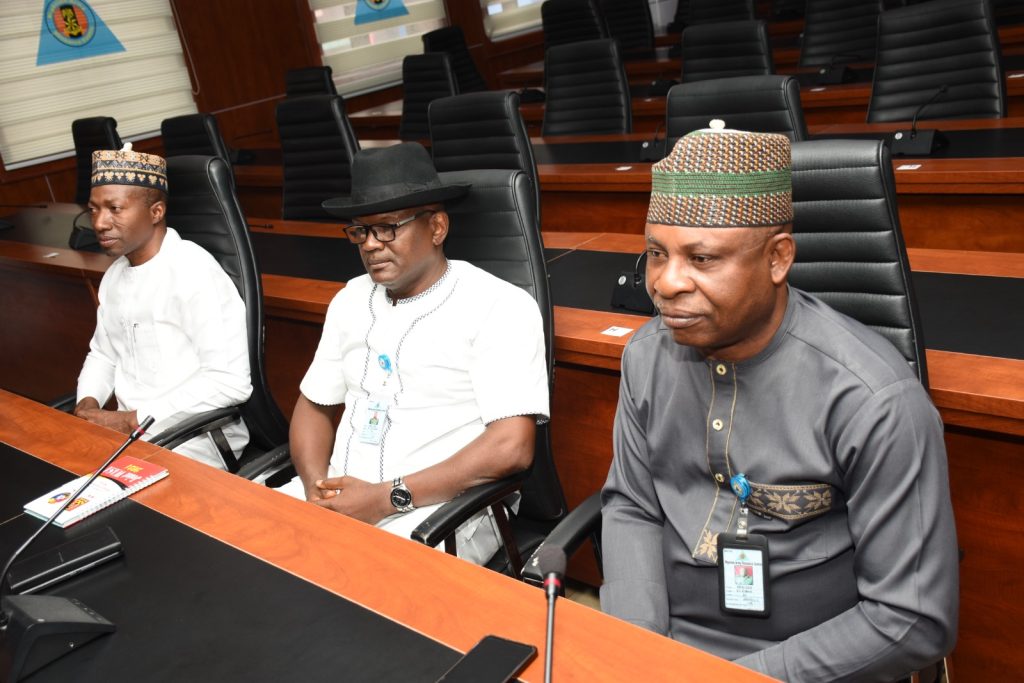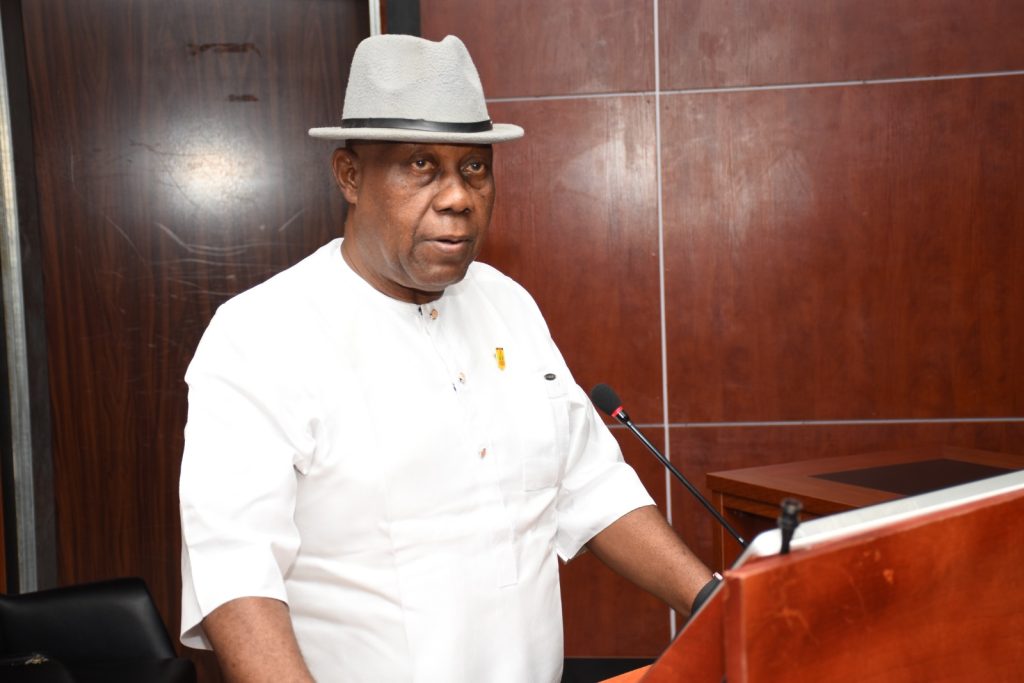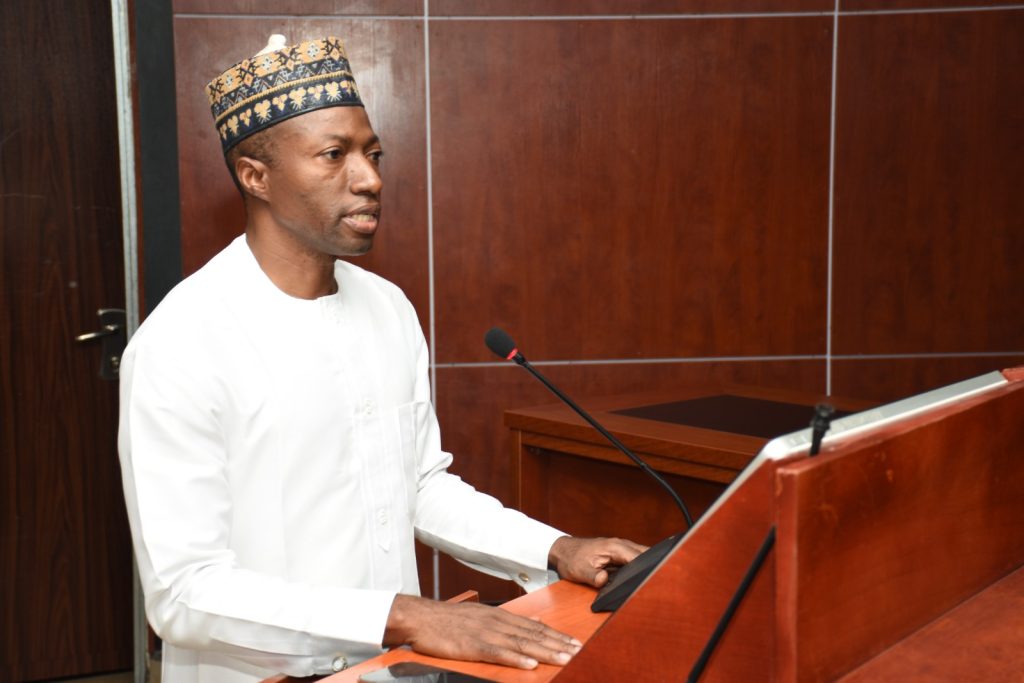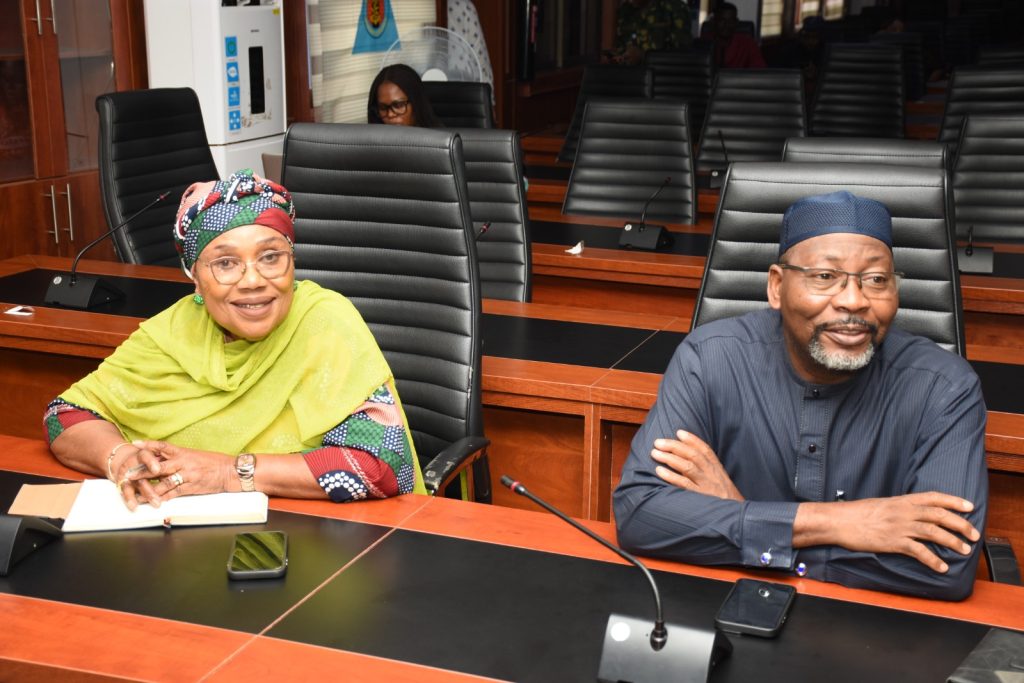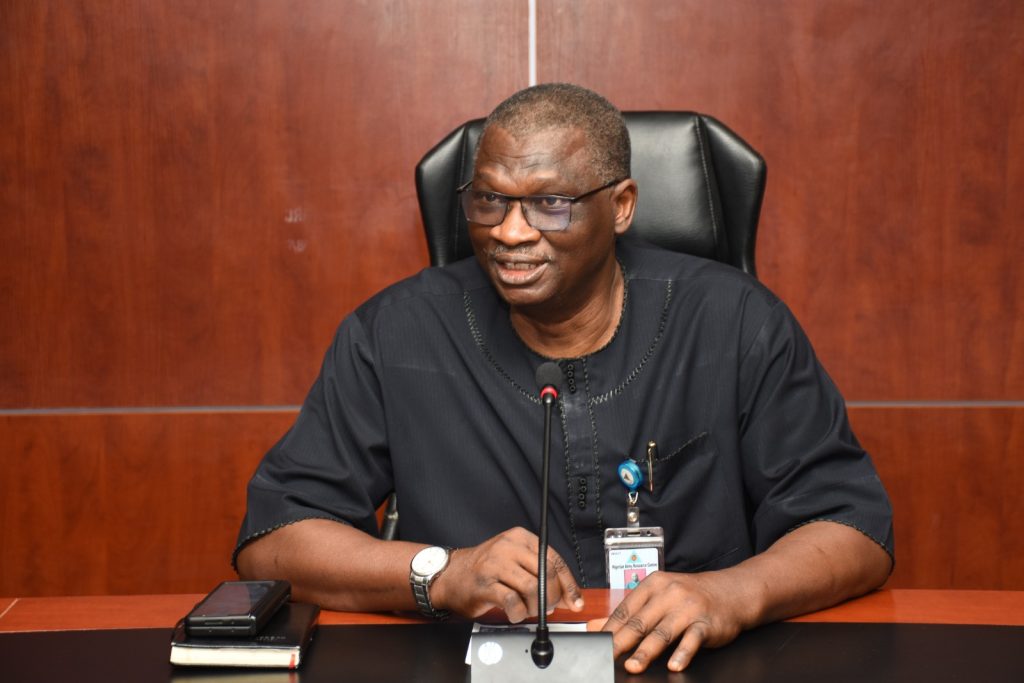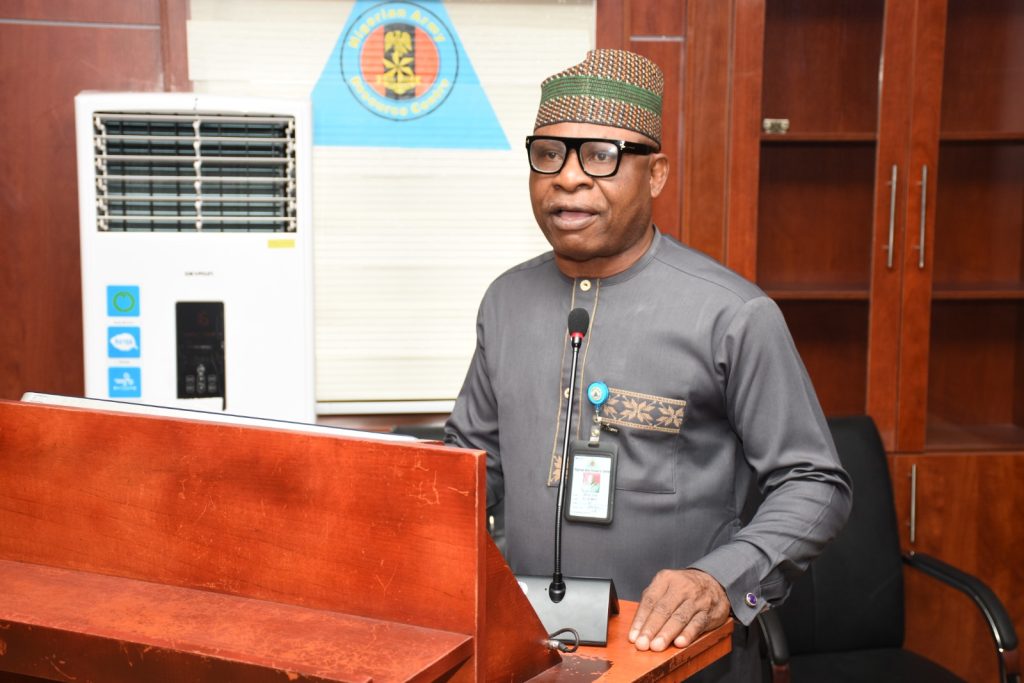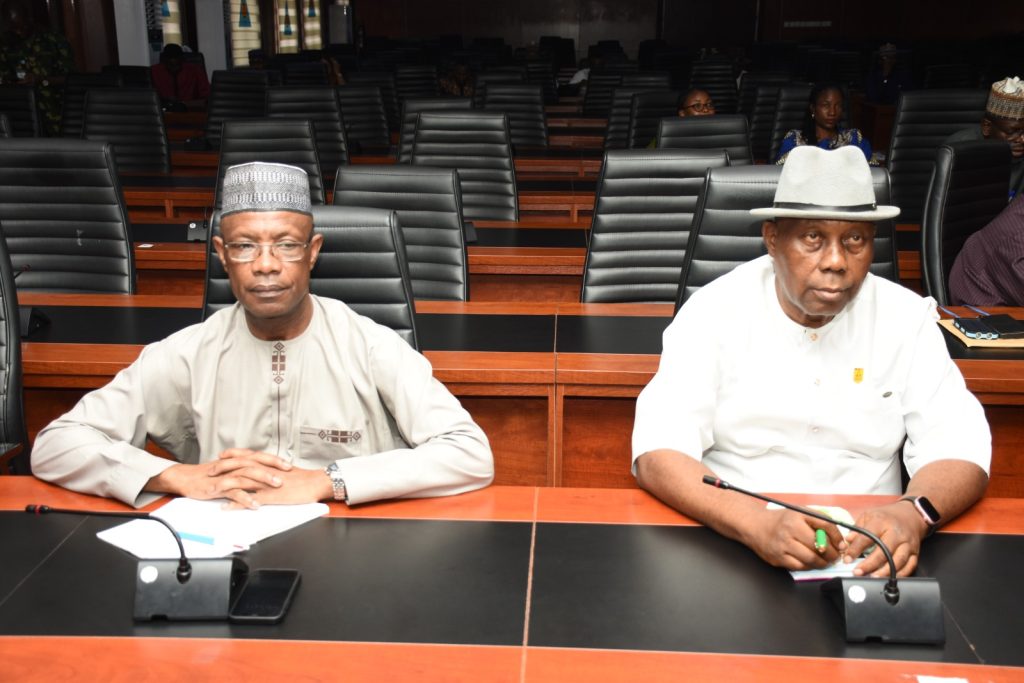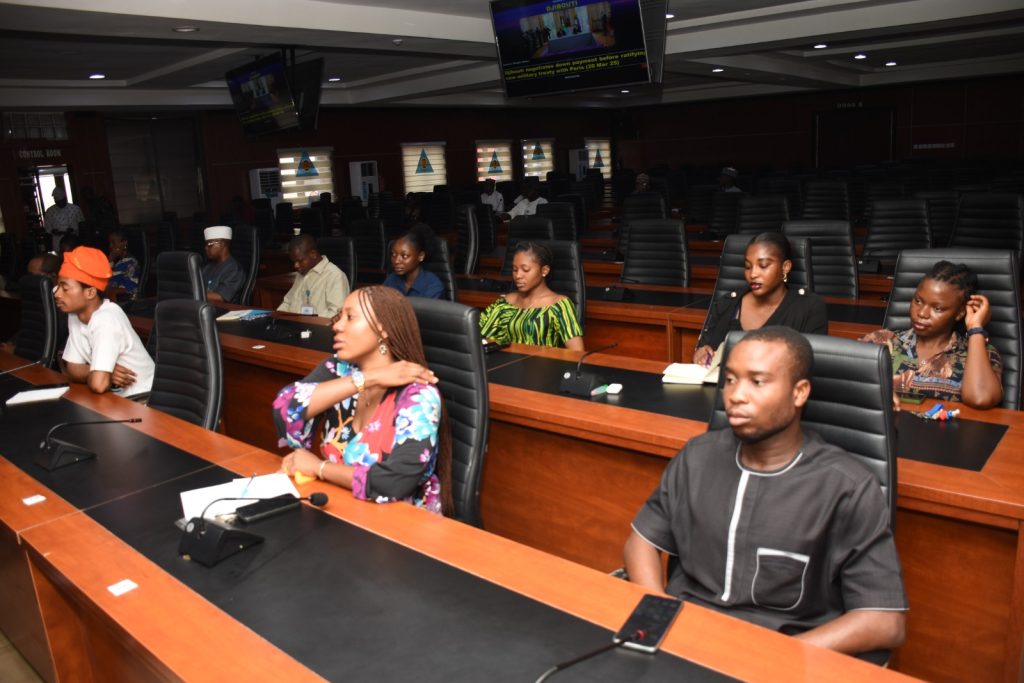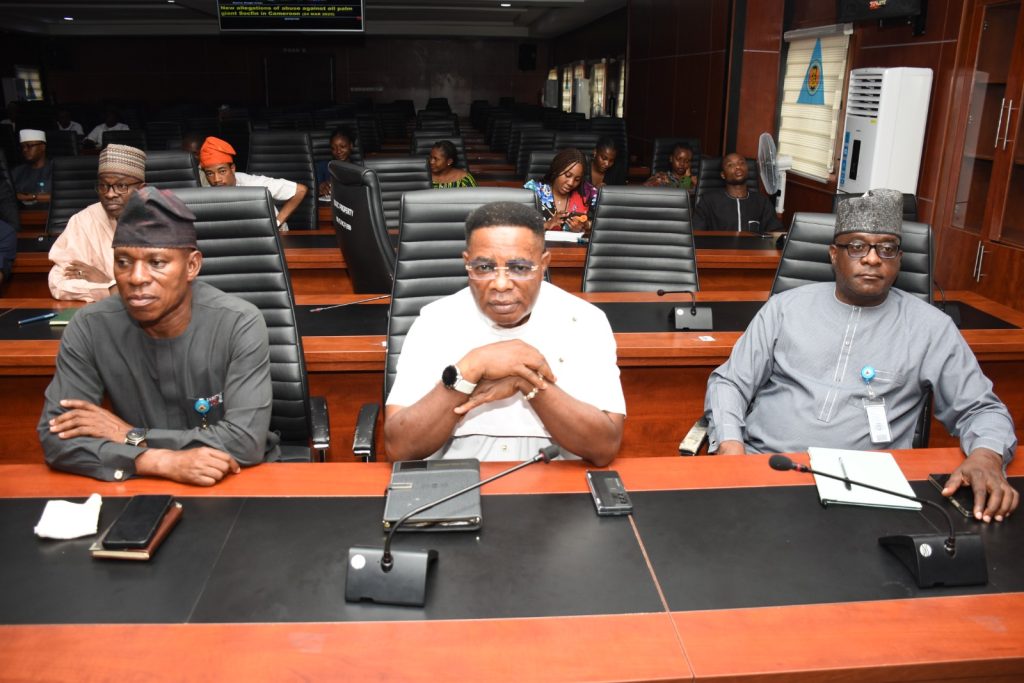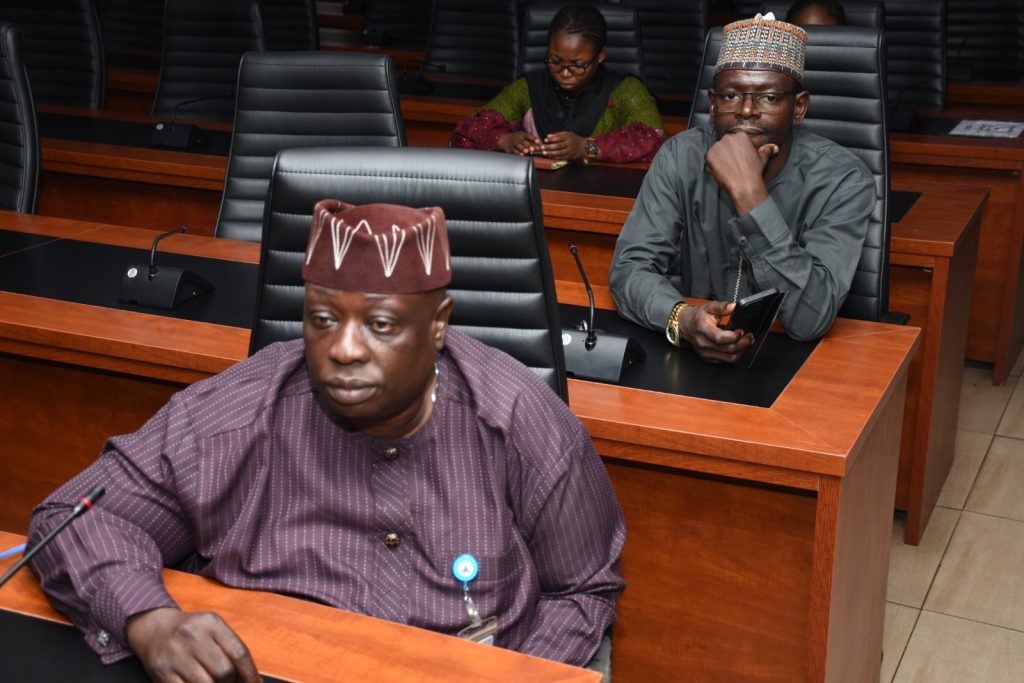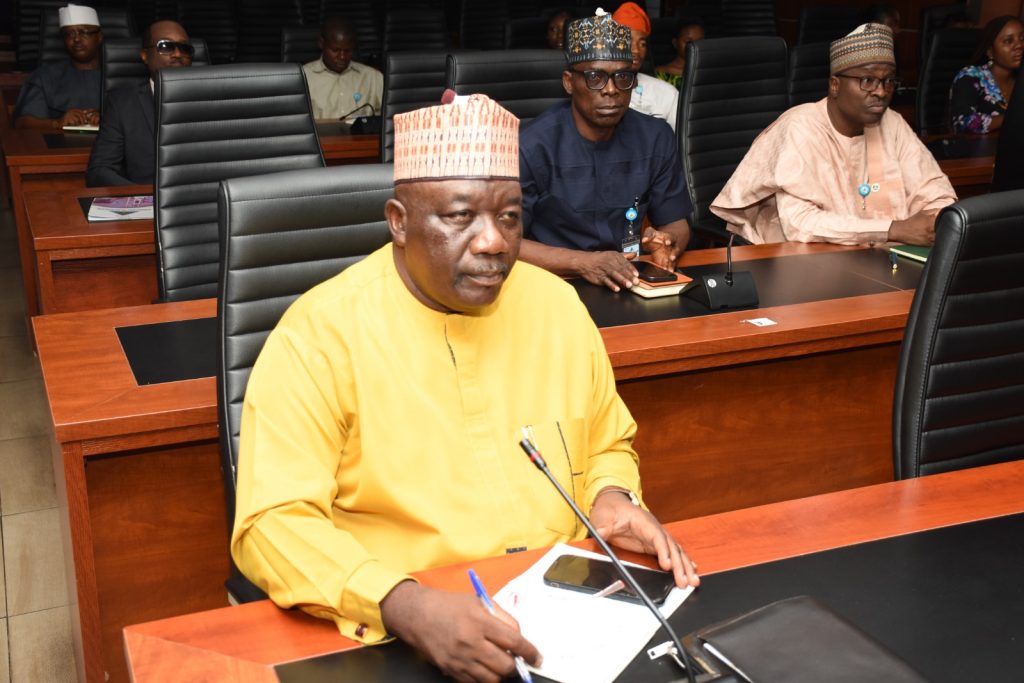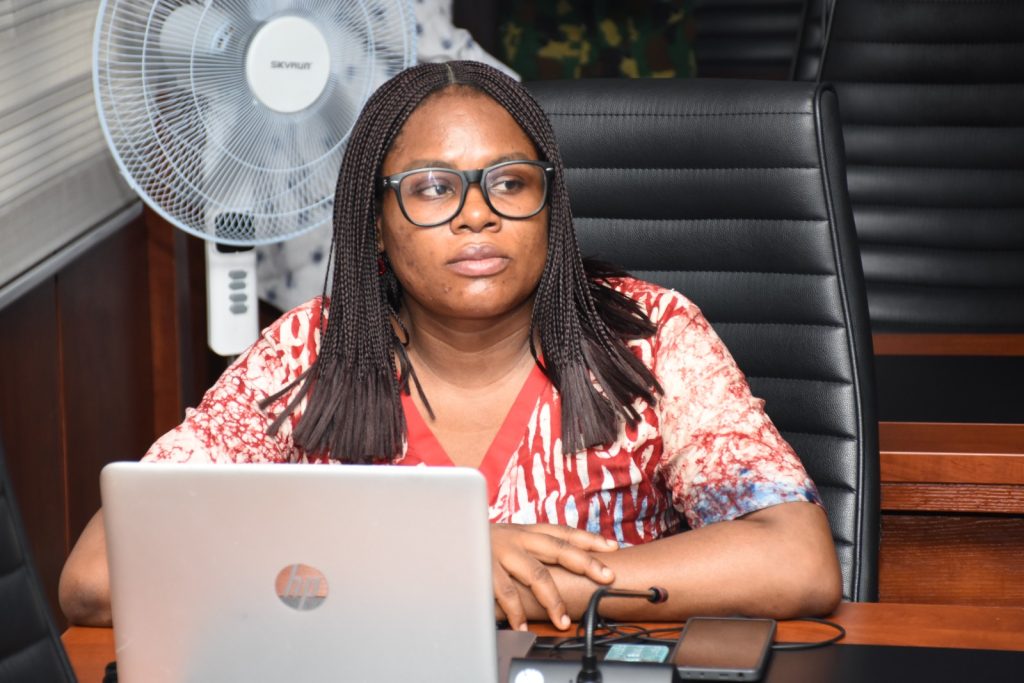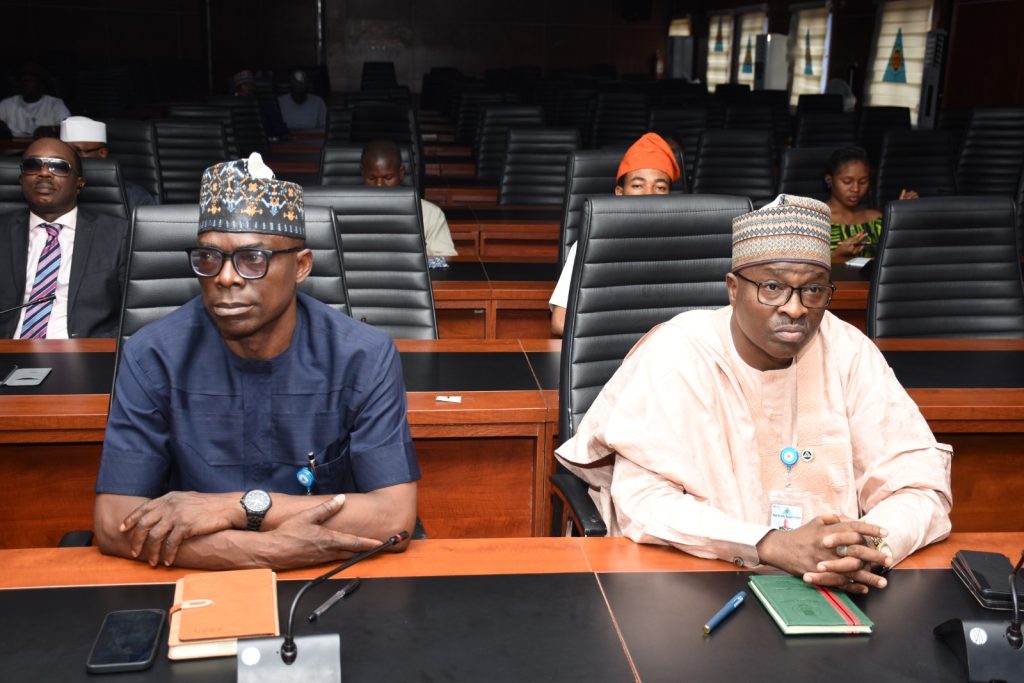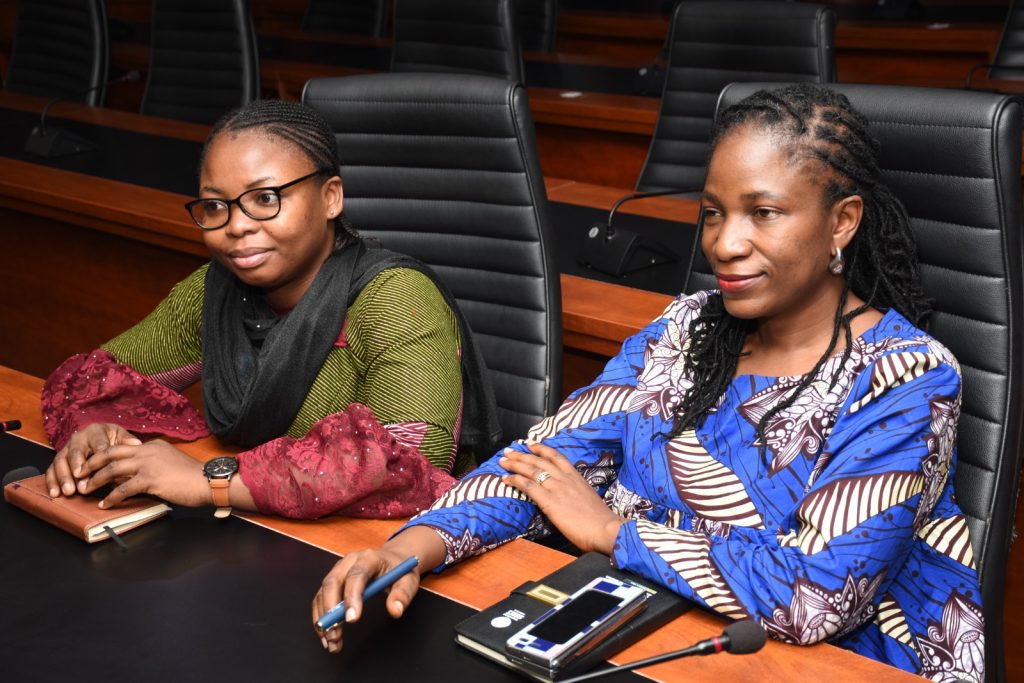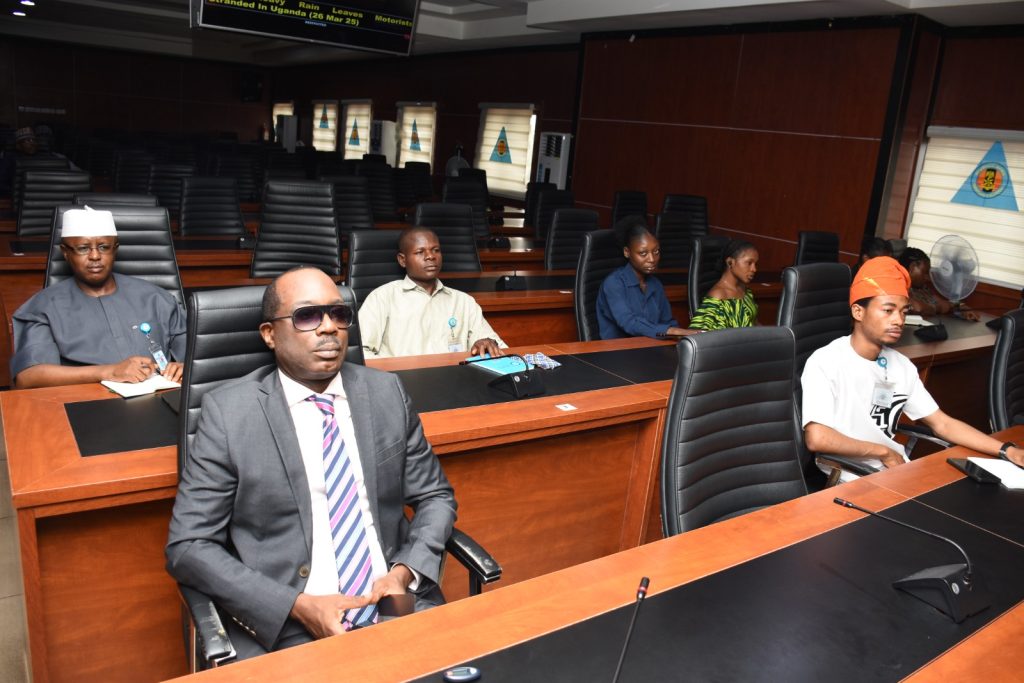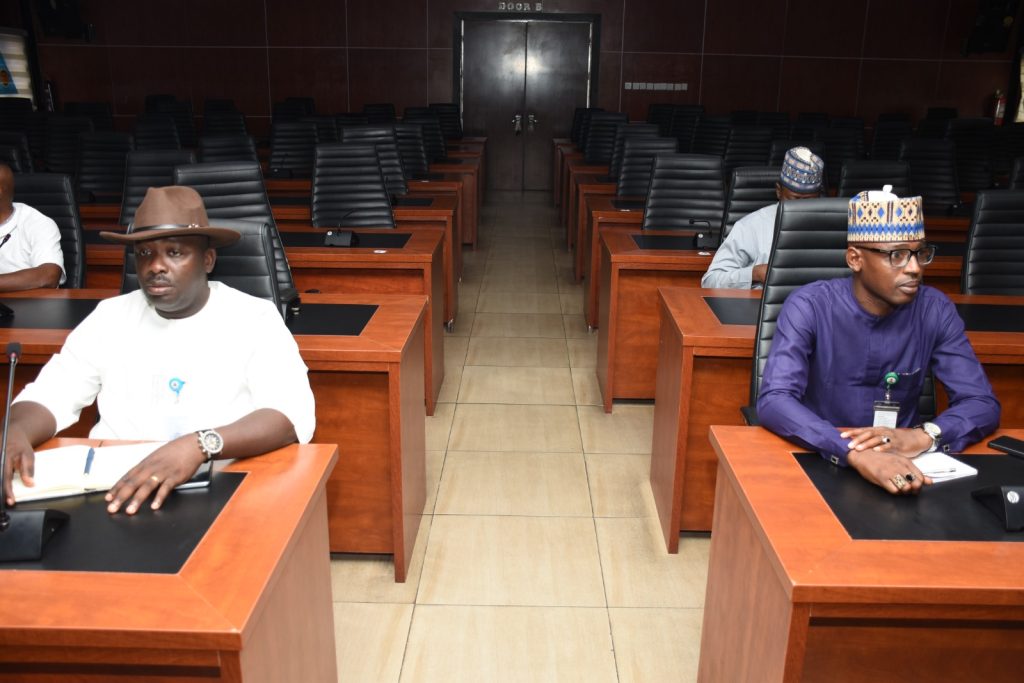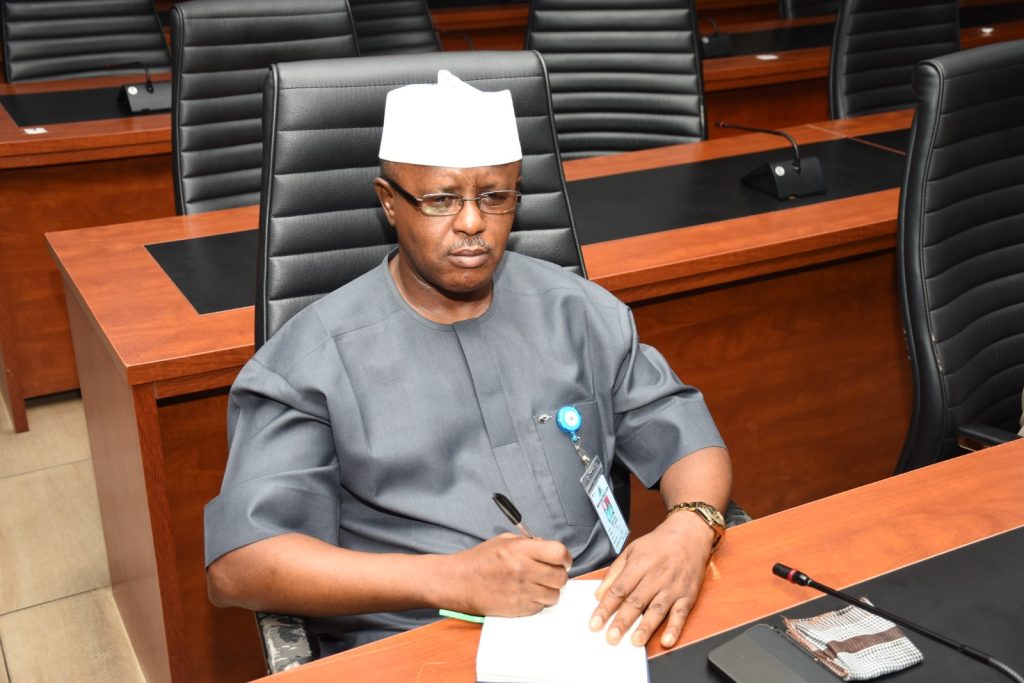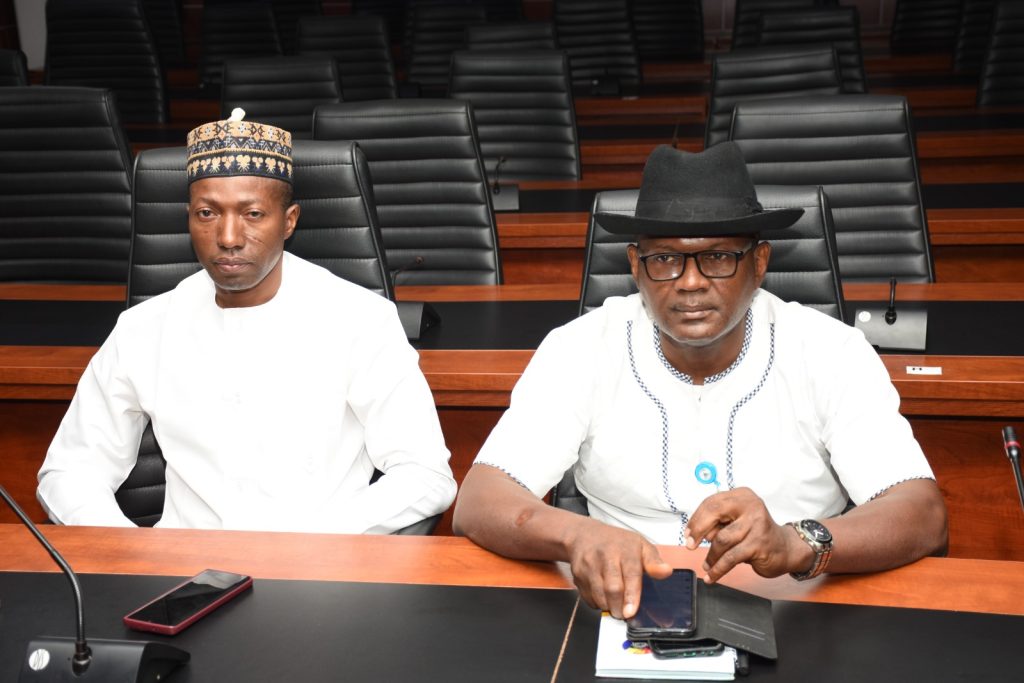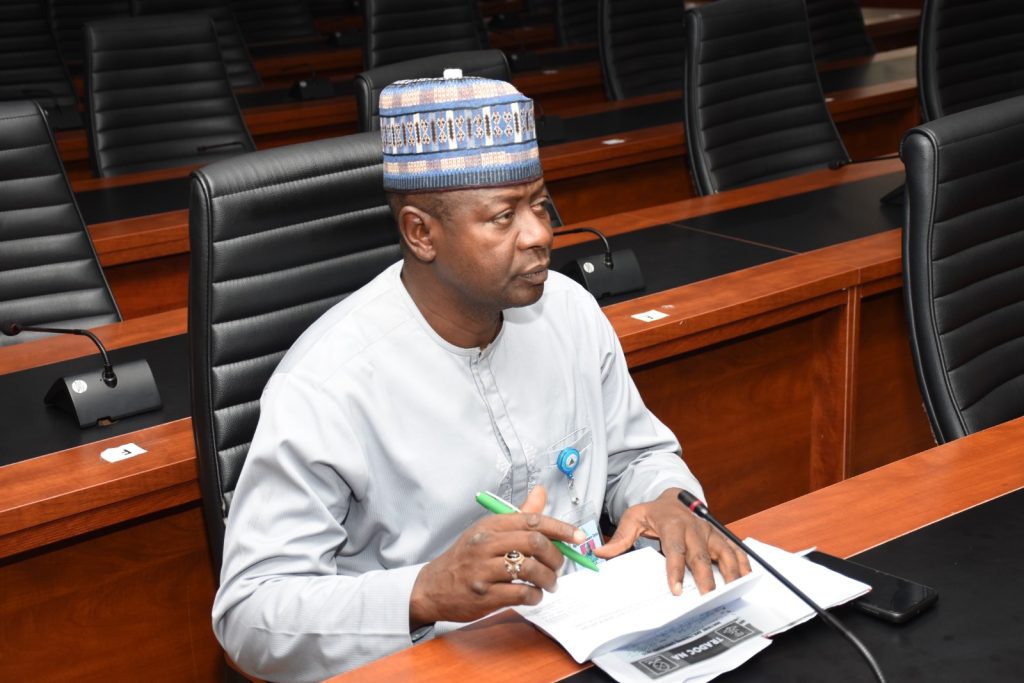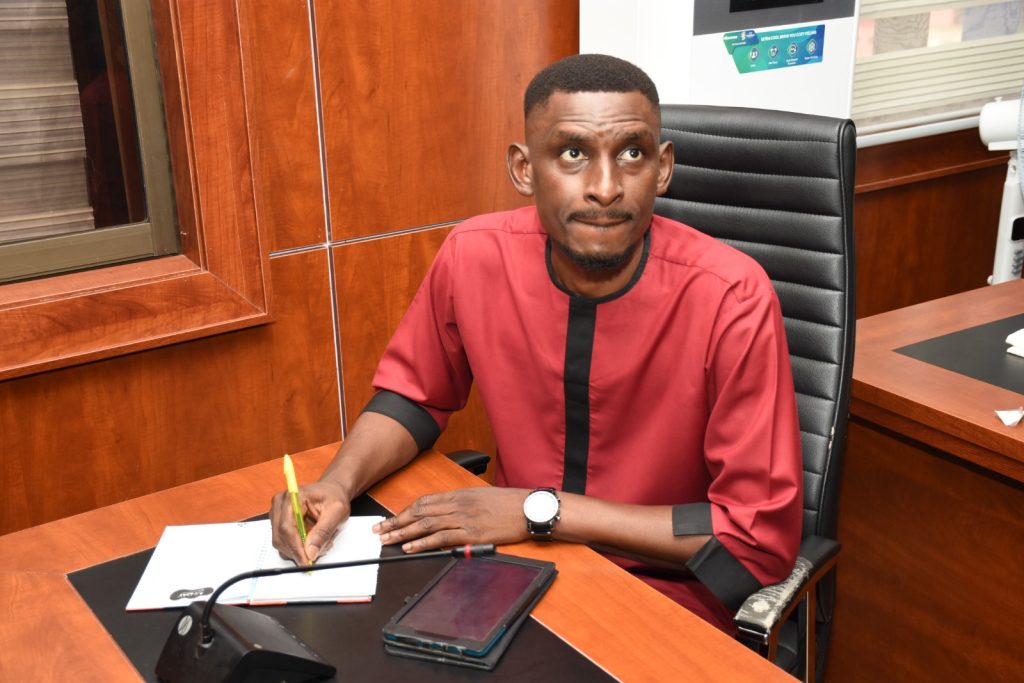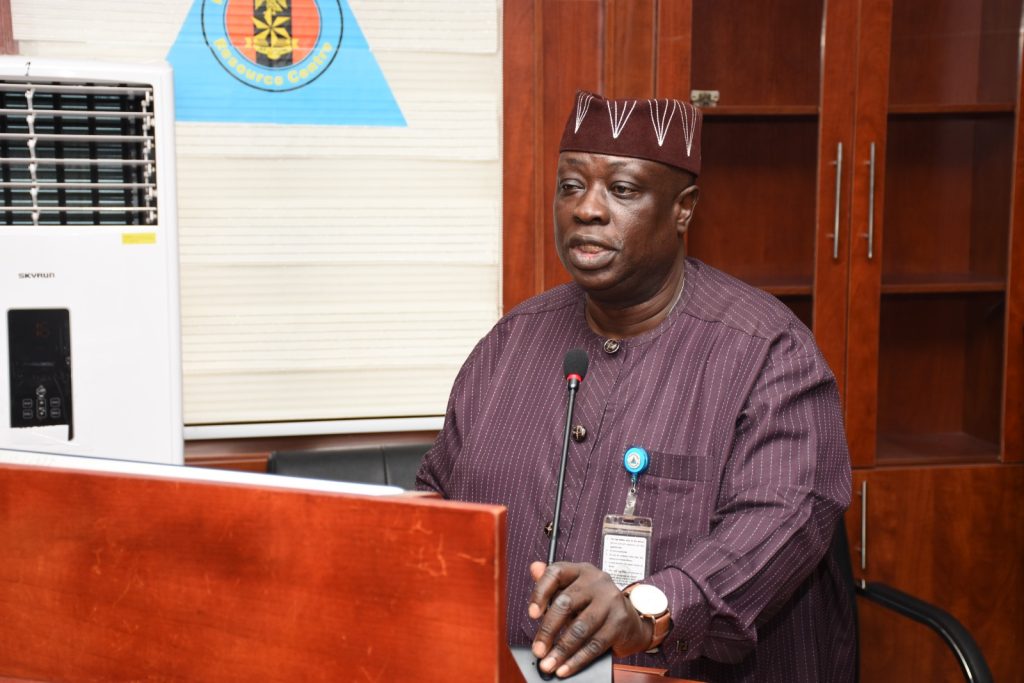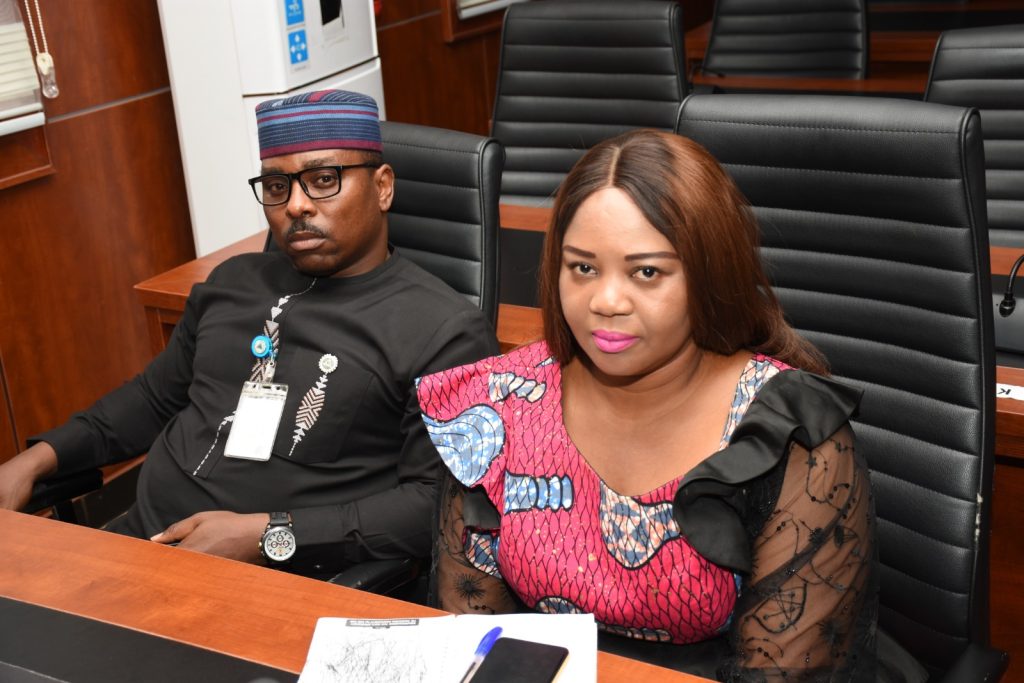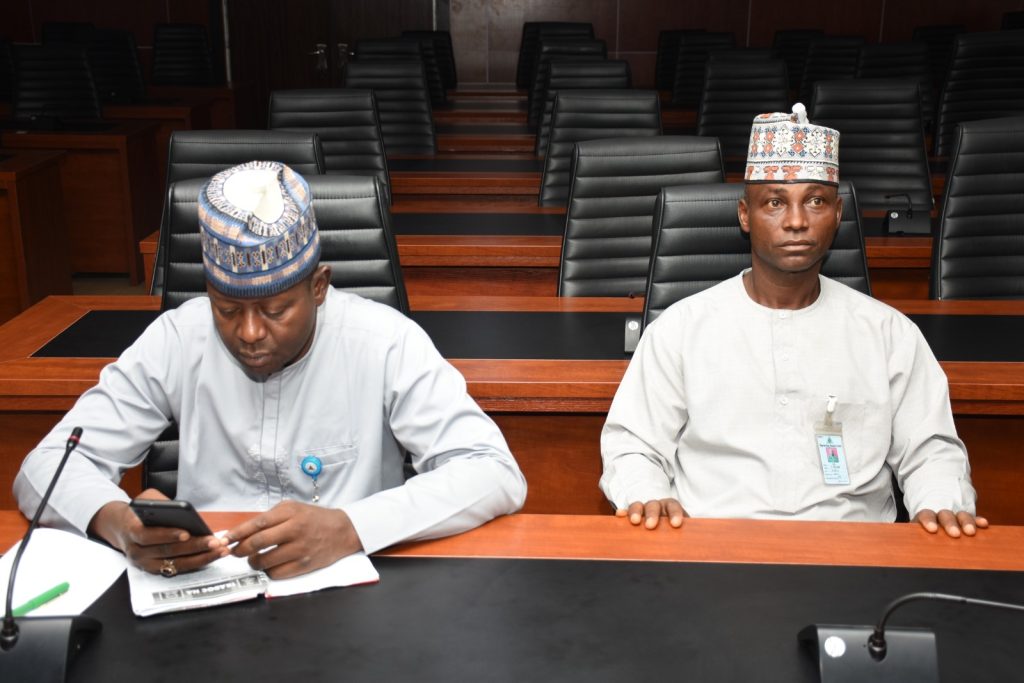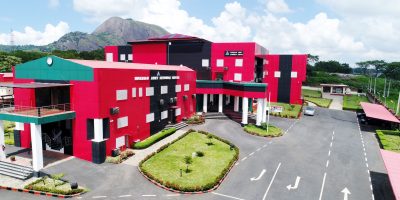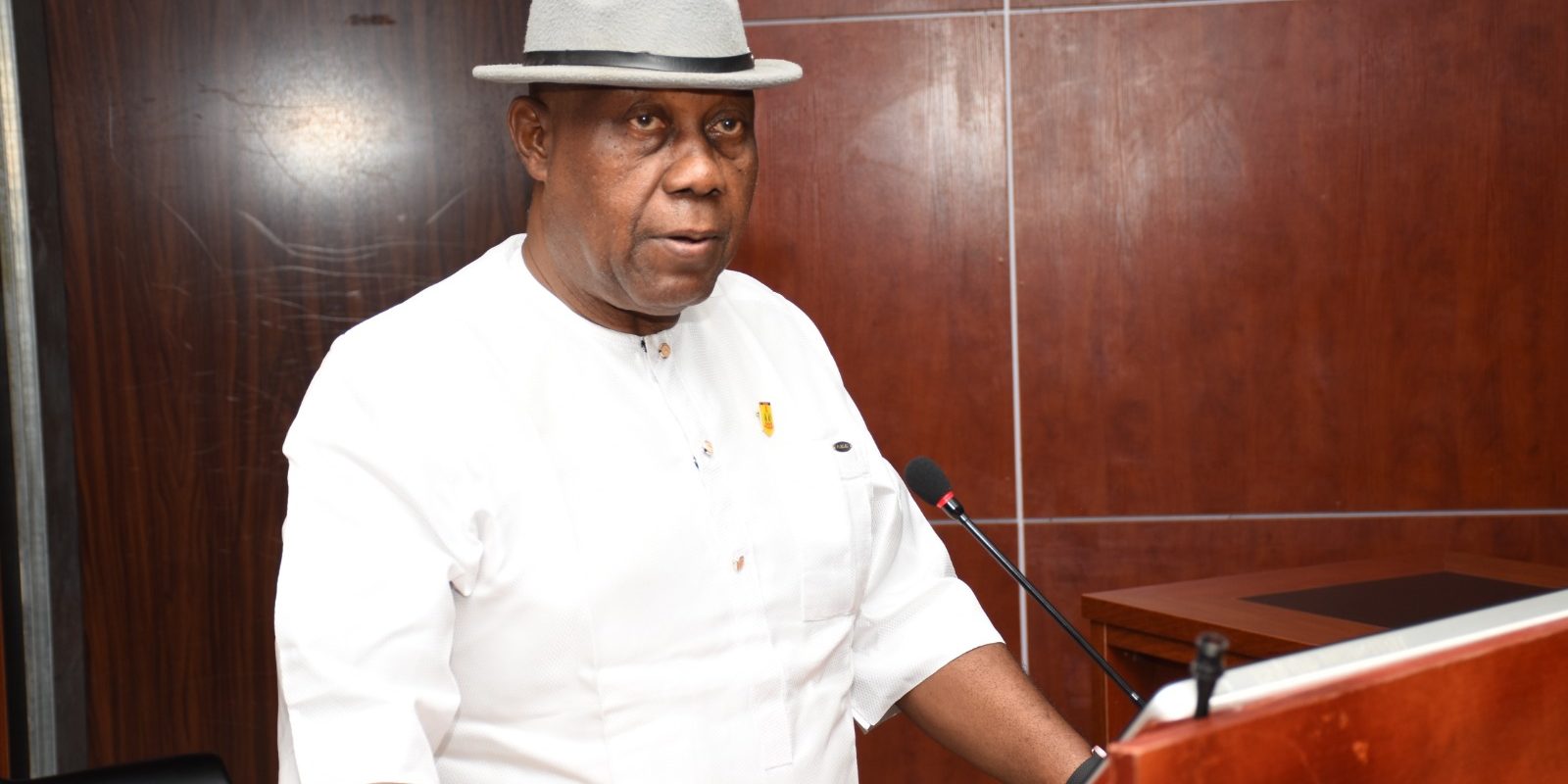Nigerian Army Resource Centre (NARC) Weekly Subject Experts’ Presentation was held at Hall C, TY Buratai Block, Abuja. There were four presentations made by the Subject Experts on Southern Africa, Eastern Europe, East/Central Africa and Western Europe.
The first presentation was made by Col OR Akerele (Rtd) subject experts on Southern Africa. His presentation Centered on how, Police Brutality Exposed as Report Says Torture and Indiscriminate Use of Force Are on the Increase. Police brutality or brutality by security agencies refers to the excessive and unwarranted use of force by law enforcement personnel against civilians, encompassing physical harm, verbal abuse and psychological intimidation which are all encompassed as a violation of human rights; as they often result in physical psychological harm on those affected This can include beatings, unlawful killings, torture, racial abuse, intimidation tactics and indiscriminate use of force.
In his analysis and lessons for Nigeria, Col OR Akerele (Rtd) noted that, In Nigeria Police brutally has been an incessant issue. As at 20 October 2023, over 15 people were languishing in jail, three years, offer the END SARS incident of October 2020. Amnesty International has also continued to receive almost daily reports of human rights violation by the Police across Nigeria; including unlawful detention, extortion torture, sexual violence and in some cases extra-judicial execution. It is therefore worth mentioning that the relevant authorities i.e. the Police Services Commission, the Ministry of Police Affairs and the Nigerian Police as an institution in this democratic dispensation could reform the police and make it an institution with zero tolerance for human rights violations. This opportunity must not be allowed to slip away by the failure to hold the perpetrators to account for such human rights violations (Isa Sanusi, 2024). For example, On 3 July 2021 during the Yoruba nation rally at Ojota, Lagos state, Jumoke Oyeleke (25) met her untimely death. Jumoke was a salesgirl who displayed her drinks before she was hit by a bullet shot by a police officer, Tajudeen Bakare. On 11 September 2021, Mosurat Ojuade, an 18-year-old fashion designer, was shot and killed by a police officer, Sgt Samuel Phillips. On 22 January 2022, Paul Durowaiye was shot dead by a police officer over a fight for sachet water it was said that Paul picked up a pure water belonging to the police officer and the fight erupted which later led to his demise. On 4 June 2022, one Oliver was shot dead along Jalingo-Zing Road by a police sergeant, Haruna Idi, over a minor argument. On December 7, 2022, Gafaru Buraimoh was shot and killed by Inspector Imeh Johnson in Ajah, Lagos State.
He recommended that, The Ministry of Justice and the Police Service Commission should collaborate to review the rules of engagement for the Police and other security agencies whenever they are on internal security operations.
Equally the second presentation was made by Brig Gen Ak Egwuagu (Rtd) subject experts on Eastern Europe. His presentation focused on how, Hundreds Pay Tribute to Victims of Russia’s Deadly Crocus City Hall Attack. Hundreds of Russians placed flowers as tributes at the Crocus City Hall memorial in Moscow’s suburb of Krasnogorsk on Sat 22 Mar 2025, as they paid homage to the victims of the deadly terrorist attack which occurred a year ago (france24.com). The images of the attack on the concert hall on 22nd Mar 2024 had circulated around the world, showing four men opening fire on more than 5,000 people who gathered to watch the Russian rock group, Piknik (AA News, 22.03.2025). A 34-year-old construction worker, Maxim Burnayev who was with his wife among the spectators at the hall on the day of the attack, said he had witnessed the horror that unfolded, saying, ‘It was like a movie, but it was real’. The incident described as Russia’s deadliest attack in 20 years, lasted for about 20 minutes and after the shootings, the assailants set the hall on fire before fleeing from the scene. Russia’s banned terrorist organization, the Islamic State (IS) group had claimed responsibility for the gruesome attack that killed 145 people and injured over 500 others.
In his analysis and lessons for Nigeria, Brig Gen Ak Egwuagu (Rtd) pointed out that, the lives of the victims would have been spared, the pains of their families averted, the huge amount spent on building the memorial would have been better utilised and there would have been no need for the national holiday, as all these could have been avoided. The memorial, however underscores the global nature of terrorism and its devastating impact on individuals, communities and nations, serving as a reminder of the need for vigilance and pro-activeness at preventing terrorist attacks. It also serves as a reminder of the importance of honouring and remembering victims of terrorism and violence as exemplified by Nigeria’s annual Remembrance Day Celebration in honour of the fallen heroes of the Armed forces on Jan 15. The day is dedicated for the remembrance of military personnel who sacrificed their lives for the nation, including those who fought on the front lines and veterans of World War 1, World War 11 and the Nigerian Civil War (Vanguard Editorial, Jan 22, 2025).
Events are held at the federal, state and local government levels involving military parades, wreath laying ceremonies at cenotaphs and the activities organized by the Nigerian Legion to serve as a time for solemn reflection and appreciation for the sacrifices made by members of the Nigerian Armed Forces. Similarly, since 2017, Borno State has been observing Sambisa Memorial Day Celebration on 22nd Dec as a local holiday in honour of victims of the Boko Haram insurgency (Time and Date, 25 Mar 2025). Nigeria needs to consider building memorials in all the geo-political zones and to declare a national holiday for celebration in honour of all victims of terrorism and violence in the country, while making concerted efforts at ending the prolonged security challenges.
He recommended that, The FGN should establish memorials in all the geo-political zones to honour victims of terrorism and violence on a day declared as national holiday as a symbol of national unity and resilience.
Similarly, the third presentation was made by Brig Gen ED Idimah subject experts on East and Central Africa. His presentation Centered on how, Ministry Of Information Holds Meeting On Preservation Of Intangible Heritage, On 14 March, 2025, Apo Group, a Pan African media organization reported that the Ministry of Information, Eritrea held a significant meeting that focused on the preservation of intangible heritage and its transmission to future generations at Haikota sub-zone. Attendees included public representatives, government institutions, students, and area administrators. During the meeting, experts provided comprehensive briefings on the meaning and various types of intangible heritage, underscoring its critical importance for preservation and documentation. They emphasized that intangible heritage reflects a society’s identity, values, and history, and it is essential to pass this knowledge on to future generations. Mr. Idris Saleh, the Director General of Culture and Sports in the Gash Barka Region, noted that the meeting was organized in collaboration with the Commission of Culture and Sports to bolster efforts in preserving intangible heritage. He urged the public, especially village elders and field experts, to take a proactive role in documenting and safeguarding the region’s cultural heritage.Mr. Suleiman Mahmud, the managing director of the sub-zone, called on administrators at all levels to enhance collaboration with the Commission of Culture and Sports to identify and document intangible heritage effectively.
In his analysis and lessons for Nigeria, Brig Gen ED Idimah stressed out that, Nigeria, with its rich tapestry of ethnic groups and languages, possesses a vast array of intangible heritage that is at risk due to globalization, urbanization, and social change. Intangible heritage contributes to the cultural diversity of humanity and promotes social cohesion. In Nigeria, traditional music, dance, festivals, and oral storytelling not only reflect the history and beliefs of various communities but also enhance national identity (Afolabi, 2015). The preservation of these practices is vital for the younger generations to foster a sense of belonging and continuity. Nigeria is home to over 250 ethnic groups and more than 500 languages (Ethnologue, 2021). However, many of these traditions are endangered. The Nigerian National Commission for Museums and Monuments (NNM) has recognized the importance of intangible heritage, but implementation of preservation strategies has been inconsistent (NNM, 2018).
He recommended that, the The Federal Ministry of Arts, Culture, and Creative Economy should actively support community-led initiatives that promote and preserve intangible heritage, including cultural festivals and traditional performances.
Lastly, zthe fourth presentation was made by Brig Gen YI Tukura subject experts on Western Europe. His presentation discussed on how, Two in Three Italians Are Careful about Water Use. On 21 March 2025, Italy News. Online reported on new data from the Italian National Institute of Statistics (ISTAT) regarding Italy’s water use and infrastructure from 2020 to 2024 in commemoration of World Water Day (22nd March 2025). The findings indicated that over two-thirds of Italians consciously avoid water wastage. However, confidence in tap water remains low, with many preferring bottled water alternatives. Furthermore, 40% of Italians consider public water costs excessive and one in ten households still lack access to a sewage system. Water service management remains fragmented particularly in Calabria, Campania, Molise, and Sicily. While the number of service providers has gradually decreased since the introduction of integrated management in 1994, significant disparities persist especially in the southern regions. In 2023, a third of major cities in southern Italy experienced water rationing due to resource shortages. Despite the fact that in 2022, a quarter of environmental protection spending was allocated to wastewater management services. Legambiente (Italian Environmentalist Association) also reported on water pollution levels across Italy. On the industrial front, natural mineral water use for production dropped slightly by 0.8% in 2022 compared to the previous year.
In his analysis and lessons for Nigeria, Brig Gen YI Tukura noted that, Water services and sanitation are pivotal to public health and socio-economic development in Nigeria. Despite the fundamental recognition of water as a basic human right, millions of Nigerians continue to grapple with water scarcity and inadequate sanitation facilities. In Nigeria, inadequate water and sanitation services have led to many cases of diarrhea and other enteric diseases. Specifically, 73% of this disease burden is associated with lack of access to clean Water, Sanitation and Hygiene (WASH) services, extremely affecting children from lower-income households (UNICEF, 2023). Recent assessments show that only 26.5% of Nigeria’s population can access improved water sources and sanitation facilities. Alarmingly, 22% of the populace still engages in open defecation (National Bureau of Statistics, 2024).
Furthermore, disparities are evident across different regions and socio-economic groups. For instance, the South West Zone reports 87% of households with improved main sources of drinking water, whereas the North West lags at 62.8%. In rural areas, 39% of households lack access to at least basic source of water supply (National Bureau of Statistics, 2024).
He recommended that, The Federal Ministry of Water Resources should collaborate with state governments to accelerate the implementation of the National Water Supply and Sanitation Policy.
